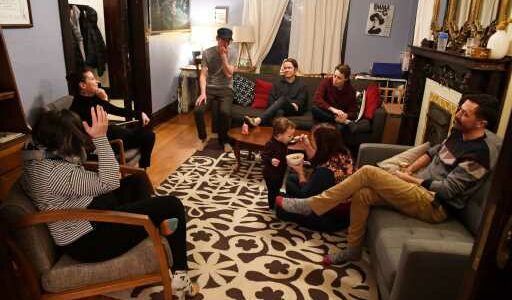
Denver’s new rules on group living, halfway homes may be on November ballot
Denver voters might get to decide in November whether to repeal a recent decision to let up to five unrelated people live in a home.
Safe and Sound Denver turned in more than 18,000 signatures to the city’s clerk and recorder to try to force the group living amendment on the ballot and overturn the city council’s 11-2 February decision.
The group has long been against the change to group living rules, which bumped the number of unrelated people in a single house from two to five. The changes also expanded the number of available plots for halfway homes, which were previously only allowed in the city’s industrial areas.
Safe and Sound Denver had argued both things would damage the sanctity of their neighborhoods and complained city officials hadn’t held appropriate community conversations.
“The goal of the referendum is to facilitate authentic public consideration and genuine public engagement regarding housing uses in our City,” group member Florence Sebern said in a news release this week. “We support the stability of our neighborhood communities and policies that support Denver’s long-term growth. We object to our unique and diverse neighborhoods being used as an experiment for unproven agendas.”
But the changes aren’t exactly unproven. Many of Denver’s peer cities across the country have similar group living laws, and city planners found that Denver’s old group living limit was the lowest among the largest U.S. cities.
Upping the cap comes as rent prices in Denver are increasing year over year; the median price for a two-bedroom apartment was $1,580 in September, about 28% of an average household’s pay. And 13% of Denver’s population sits below the federal poverty line of about $27,000 for a family of four.
As for locating halfway homes and shelters beyond industrial zones, it’s something Austin and Salt Lake City have done and aren’t seeing major issues.
During the marathon City Council meeting in February, residents in favor of the changes accused opponents of being racist and financially privileged, charges opponents denied.
The signatures must be certified by the Denver Clerk and Recorder’s Office before securing a space on the November ballot.
Source: Read Full Article